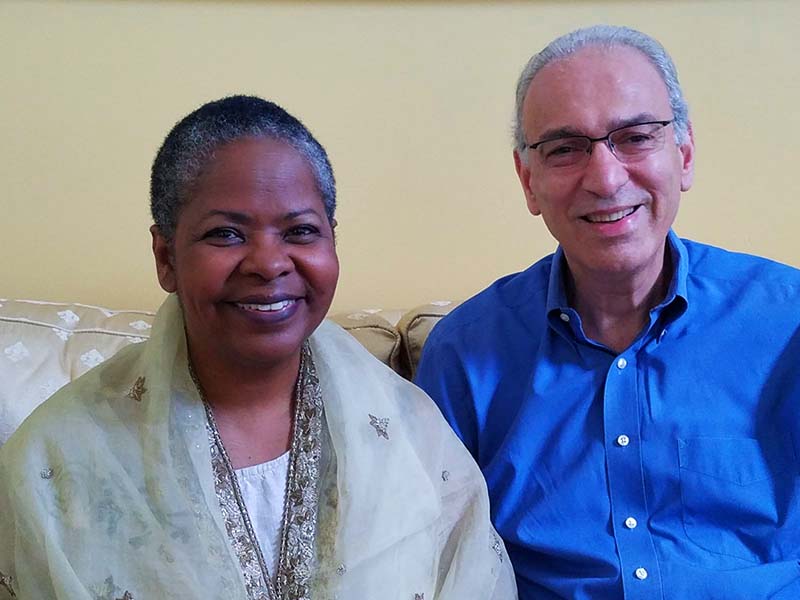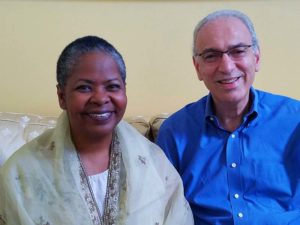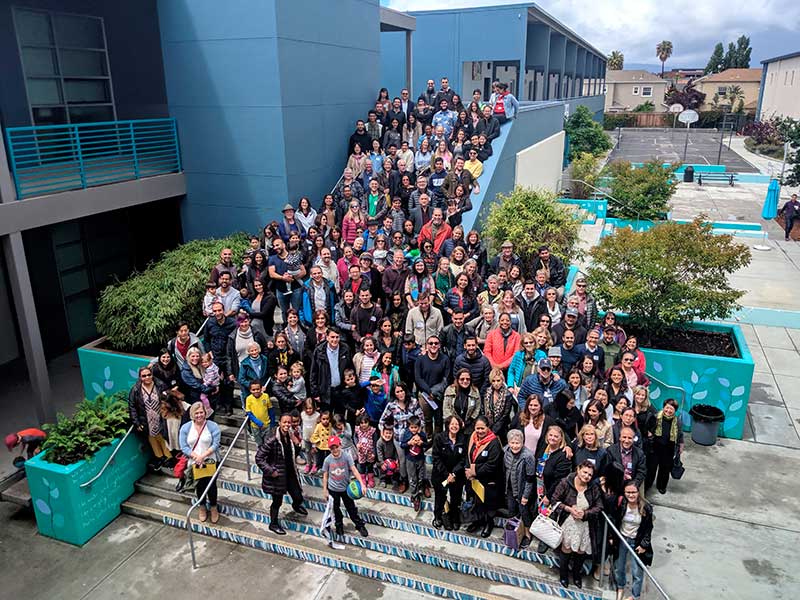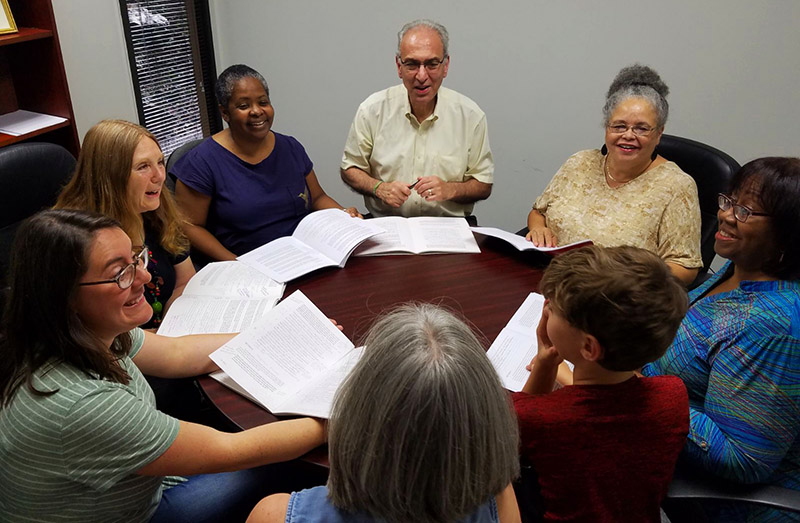
Two prayer gatherings, one purpose: address racism

One is for African Americans, indigenous people, and other people of color. The other, conducted in the Persian language, is for people of Iranian origin.
These Baha’i-initiated devotional gatherings in the Nashville, Tennessee, area create safe, supportive spaces for segments of the population to pray together and discuss issues and experiences relating to race. The vision is to empower participants to contribute to a unified and diverse community.
A quote from Shoghi Effendi, Guardian of the Baha’i Faith from 1921 to 1957, guides the devotional for people of color, says Carol Grady Mansour, a Baha’i in Arrington, Tennessee.
“In The Advent of Divine Justice, Shoghi Effendi makes it clear that ‘… every organized community enlisted under the banner of Baha’u’llah should feel it to be its first and inescapable obligation to nurture, encourage, and safeguard every minority belonging to any faith, race, class, or nation within it,’” notes Mansour.
“One way we manifest that nurturing and encouragement has to do with how we approach discussions of race,” she says. “When someone is facing racial challenges, there is no admonition that the individual should just get over it, is overly sensitive, or somehow misread their reality.

“Since most of us have been in similar situations,” says Mansour, “there is no need to explain the distress, frustration or reasons why something was particularly vexing. Instead, we go straight to sharing how we’ve coped, and which writings were particularly helpful.”
Readings and gospel music offered spontaneously also help create a vibe familiar to “those of us who grew up in and around black churches,” she says. “We’ve seen estranged friends make it a point to attend.”
For now, she adds, those who are not persons of color “are asked to support the effort through prayer rather than attendance.”
Mansour also is heartened by the Persian gathering, which she says has morphed into a study of the guidance on race from Baha’i institutions.
Mansour’s husband, Soheil, is among eight regular attendees of Iranian origin. The gathering rotates among homes in Williamson and Davidson counties.
Most of its members, Carol Mansour says, were unfamiliar with Shoghi Effendi’s statement that striving for elimination of prejudices of all kinds is a prerequisite for the growth of the Baha’i Faith in the United States.
“So for several weeks they studied [the Persian translation of] The Advent of Divine Justice section on race prejudice.”
Soheil Mansour and fellow participant Farhad Firoozbakhsh also were taking part in a course on racism in America held by the Wilmette Institute, an online learning center. There, they were introduced to the Equal Justice Initiative’s video “Slavery to Mass Incarceration.”
So these two, along with Farahnaz Firoozbakhsh, undertook the challenging task of translating the video into Persian. Parker McGee, a Baha’i in Williamson County, offered the use of his professional studio to record the narration and dub the translation onto the existing video, says Carol Mansour.
The Equal Justice Initiative, after viewing the Persian version, granted permission for the Baha’is to share the video publicly, she says. It has already been shown at least twice at Baha’i gatherings in the two counties, and is available to stream online.




